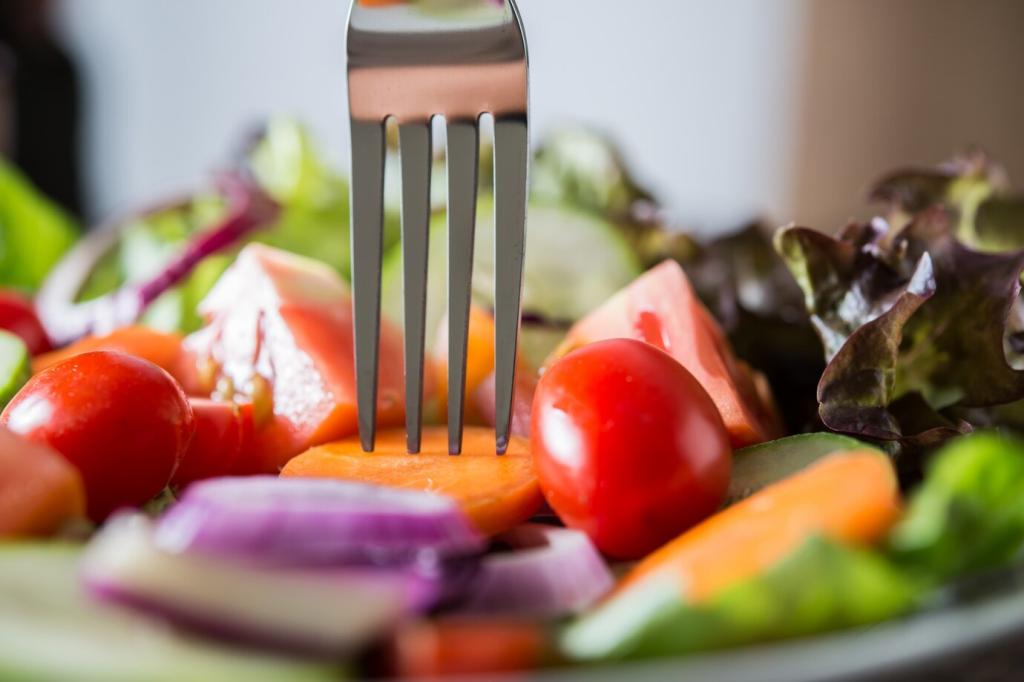Stronger Tomorrow: Vitamins and Minerals for Workout Recuperation
Chosen theme: Vitamins and Minerals for Workout Recuperation. Welcome to a friendly space where post-training recovery meets smart micronutrition. We’ll translate science into simple choices, share real stories, and help you rebuild, rehydrate, and return stronger. Join the conversation and subscribe for weekly recovery wisdom.



Sodium: The Volume Restorer
Sweat carries sodium, and losing too much can delay fluid recovery. A pinch of salt in food or a well-formulated drink helps restore plasma volume, reduce dizziness, and get nutrients moving again where your muscles need them most.
Potassium: Precision for Muscle Firing
Potassium supports nerve impulses and muscle contractions. Bananas, potatoes, beans, and leafy greens replenish stores efficiently. Pair potassium-rich foods with a modest sodium intake to optimize fluid distribution and keep your legs feeling responsive rather than heavy.
Magnesium: Relaxation and Enzyme Support
Magnesium participates in energy production and helps muscles relax after repeated contractions. Legumes, nuts, dark chocolate, and whole grains are delicious sources. If cramps persist, review total intake, hydration patterns, and overall training load before considering supplements.

Antioxidants C and E: Calming the Afterburn

Vitamin C: Collagen and Defense
Vitamin C supports collagen formation for tendons and connective tissue while assisting immune function under training strain. Citrus, berries, peppers, and kiwifruit deliver bright flavor and fast uptake, perfect for a colorful, refreshing post-workout snack bowl.

Vitamin E: Membrane Bodyguard
Vitamin E helps protect cell membranes from oxidative damage generated during intense intervals. Nuts, seeds, and avocado offer a gentle, food-based boost that pairs beautifully with carbohydrate recovery to stabilize energy and reduce next-day tightness or stiffness.

Timing and Balance Matter
High-dose antioxidant supplements immediately post-workout can sometimes blunt beneficial training signals. Favor whole foods across the day, and if supplementing, keep doses moderate. What balance works for you? Share your timing experiments to help the community learn.
Vitamin D regulates calcium absorption and influences muscle function. Limited sun, indoor training, or winter seasons can reduce levels. Consider testing, enjoy safe sun exposure, and lean on fortified foods or professional guidance if deficiency risks are present.
Vitamin D, Calcium, and Magnesium: Bones and Muscle in Harmony


Zinc and Immune Resilience Between Workouts
Zinc supports immune surveillance, wound healing, and hormone signaling that influences recovery quality. Even marginal shortfalls can extend soreness or increase susceptibility to colds during heavy blocks, undermining progression when momentum matters the most to your goals.
Zinc and Immune Resilience Between Workouts
Oysters, beef, pumpkin seeds, and chickpeas provide zinc. Phytates in grains and legumes can reduce absorption, so pair with vitamin C–rich foods or consider soaking and sprouting techniques to unlock more bioavailable minerals from everyday pantry staples.

These B vitamins support carbohydrate and fat metabolism in the mitochondria. Whole grains, dairy, eggs, legumes, and lean meats provide steady coverage. When training volume rises, consistently diverse meals help maintain the spark behind every quality workout.

B6, B12, and folate help form red blood cells and support the nervous system. Leafy greens, eggs, fish, and fortified foods are reliable options. Vegetarians and vegans should monitor B12 intake closely to keep energy and focus strong.

Iron carries oxygen to working muscles; low ferritin can sap power and increase perceived effort. Runners, menstruating athletes, and high-altitude trainers are at higher risk. Test before supplementing, and pair iron-rich foods with vitamin C to boost absorption.
Join our mailing list
